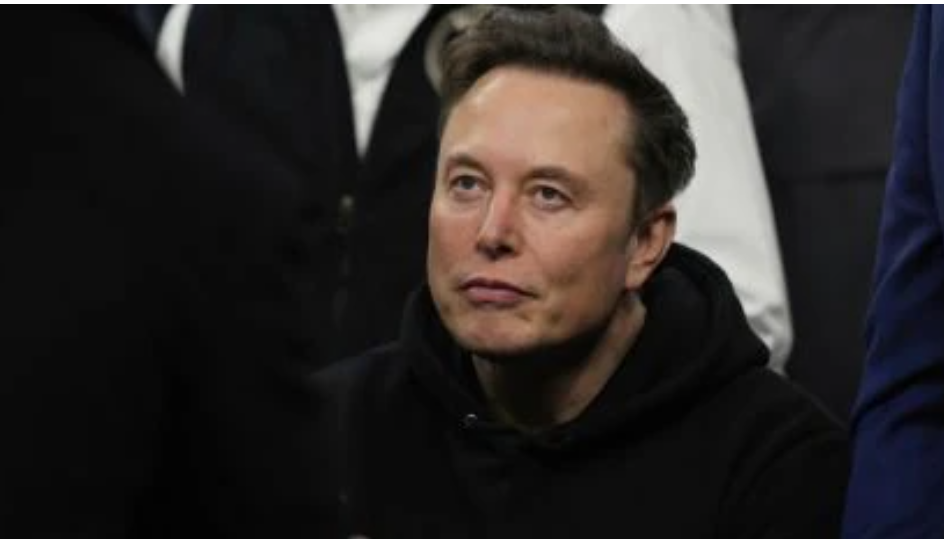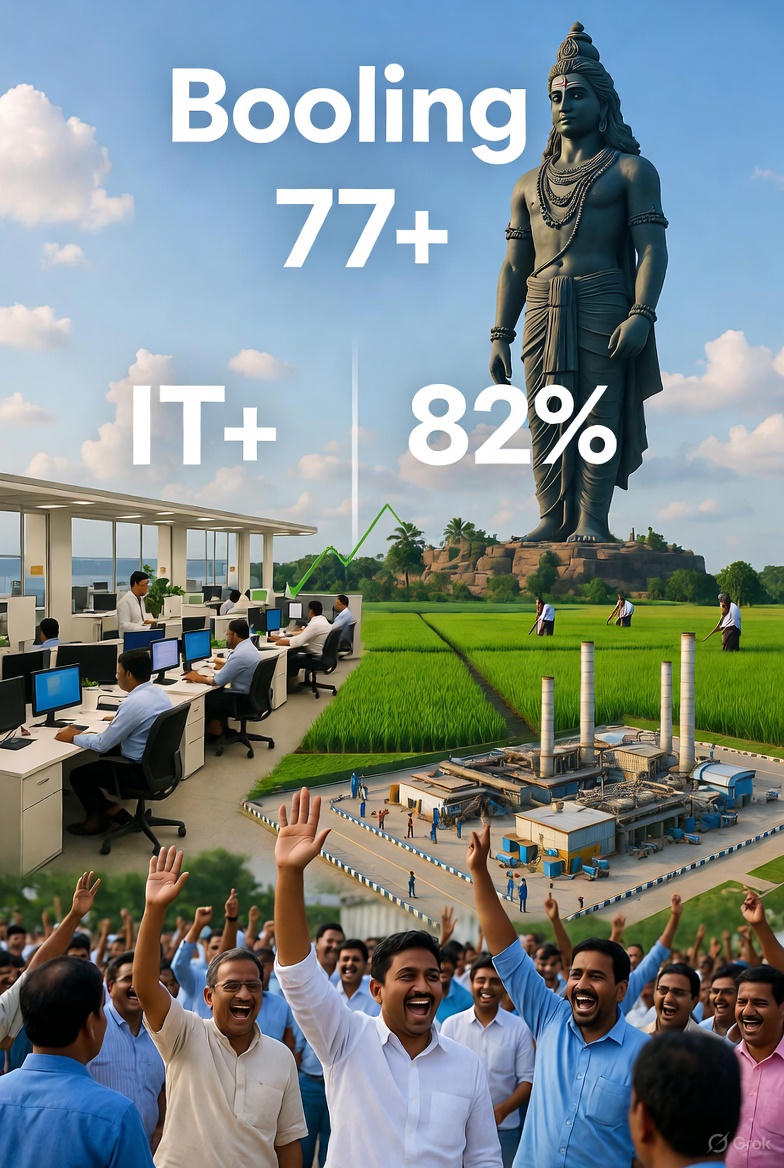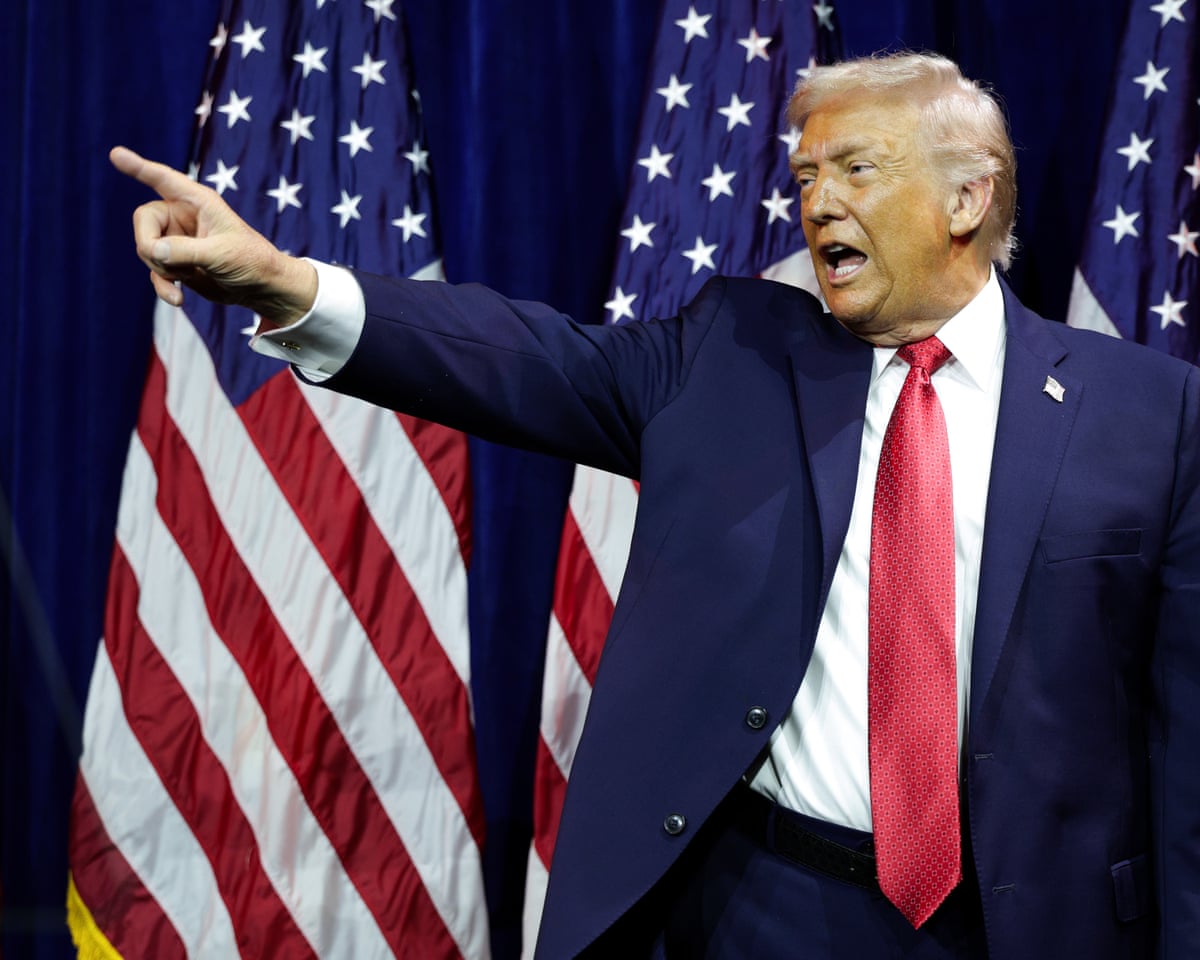By Manisha Sahu,
America News World
October 12, 2025
On a humid June night in Taipei last year, Nvidia CEO Jensen Huang was seen raising a toast with several major Asian partners overlooking the city’s skyline. Among the guests was a relatively unknown executive — Alice Huang, also known as Huang Le, the CEO of a Singapore-based company called Megaspeed. Within months, Megaspeed would emerge as one of Nvidia’s biggest customers, reportedly purchasing nearly $2 billion worth of artificial intelligence chips.
Now, that association has caught the attention of U.S. and Singaporean authorities, who are investigating whether Megaspeed has been used as a conduit to funnel banned American technology into China, sidestepping stringent export restrictions.

U.S. Scrutiny Deepens Over Nvidia’s Chip Sales
According to multiple officials familiar with the matter, the U.S. Commerce Department has launched an active investigation into Megaspeed’s operations. The inquiry is focused on whether the company, which maintains deep ties with Chinese tech firms, has been enabling entities in China to access Nvidia’s advanced AI chips — products that have been restricted under U.S. export controls due to national security concerns.
Officials told The New York Times that Megaspeed’s activities raise broader questions about how effectively Nvidia and U.S. authorities are monitoring the end users of American-made AI chips.
While Nvidia says it complies fully with U.S. laws, the rapid rise of companies like Megaspeed in Southeast Asia illustrates the growing complexity of enforcing export restrictions amid the global AI boom.
A Rapidly Growing Player With Murky Links
Megaspeed was established in Singapore after splitting off from a Chinese gaming firm in 2023. The company quickly set up subsidiaries in Malaysia and Indonesia, purchasing billions of dollars’ worth of Nvidia’s most advanced products.
Trade data reviewed by reporters suggests that many of these chips were sourced through a U.S. branch of a Chinese firm already sanctioned by Washington for supplying technology to China’s military.
Investigators believe Megaspeed’s facilities in Malaysia and Indonesia are remotely serving Chinese clients, a practice that falls within a legal gray area. Such operations are not illegal per se, but they can violate U.S. export laws if conducted on behalf of Chinese entities.
Two people with knowledge of Megaspeed’s operations told reporters that U.S. officials are examining whether any of the chips were ultimately diverted into mainland China — an act that would constitute a breach of American export restrictions.
Singapore Police Probe Parallel Case
Adding to the scrutiny, Singaporean authorities have opened their own investigation into Megaspeed for potential violations of local laws. In a statement, Singapore police confirmed to The New York Times that the company is under active investigation but declined to provide details.
Reporters who visited Megaspeed’s listed offices found only a small and largely vacant workspace in Singapore, a shopping mall data center in Malaysia, and a nearly abandoned storefront near Kuala Lumpur. Business filings in multiple countries point to a network of shell companies and affiliates, further obscuring ownership structures and operational transparency.
Nvidia Responds to Allegations
In response to growing concerns, Nvidia said it has been in regular contact with the U.S. government regarding Megaspeed’s purchases.
“Nvidia has engaged with the U.S. government about Megaspeed,” company spokesperson John Rizzo said in a statement. “Our compliance team investigated and determined the company is wholly owned and operated outside of China, with no Chinese shareholders.”
Rizzo added that Nvidia representatives had conducted multiple site visits and found “no evidence of diversion,” describing Megaspeed as a “small commercial cloud provider operating in accordance with export control rules.”
Nvidia also maintains that none of its chips have been smuggled into China. The company, now valued at over $3 trillion, has seen its revenue surge nearly sevenfold in the past four years, riding the global AI wave. However, that same success has heightened scrutiny from Washington, as policymakers fear that advanced U.S. semiconductors could accelerate China’s military and AI ambitions.
The Bigger Picture: China’s Workarounds
Both the Biden and Trump administrations have imposed strict curbs on exporting AI chips and semiconductor technology to China, aiming to slow Beijing’s progress in fields such as autonomous weapons, surveillance, and advanced computing.
Yet, China’s tech ecosystem has adapted swiftly, leveraging networks of intermediaries and offshore data centers to maintain access to restricted hardware. In Southeast Asia, several firms with Chinese links have built massive data centers that indirectly support clients back in China — effectively circumventing U.S. export controls without technically breaking them.
Experts say the smuggling and rerouting of chips could involve hundreds of thousands of units, with Singapore, Malaysia, and Hong Kong acting as major transshipment hubs.
Washington’s Growing Concerns
In April, the House Select Committee on China opened a formal investigation into Nvidia’s sales across China and Southeast Asia. Lawmakers expressed concern that U.S. national security interests could be compromised if American companies fail to prevent restricted technologies from reaching Beijing.
Analysts note that the case of Megaspeed highlights the difficulty of enforcing export rules in a globalized AI market. “The problem isn’t just illegal smuggling,” one U.S. official said. “It’s the gray zone — when companies operate just outside China’s borders but still serve Chinese clients.”
The saga surrounding Megaspeed underscores a major test for both Nvidia and U.S. regulators: how to sustain America’s AI dominance while keeping sensitive technologies out of adversarial hands.
For now, Nvidia insists it is following the law. Megaspeed maintains it has done nothing wrong. But as investigations deepen in both Washington and Singapore, the company — and its enigmatic CEO — are likely to remain under the microscope in the months ahead.
Discover more from AMERICA NEWS WORLD
Subscribe to get the latest posts sent to your email.









































Leave a Reply